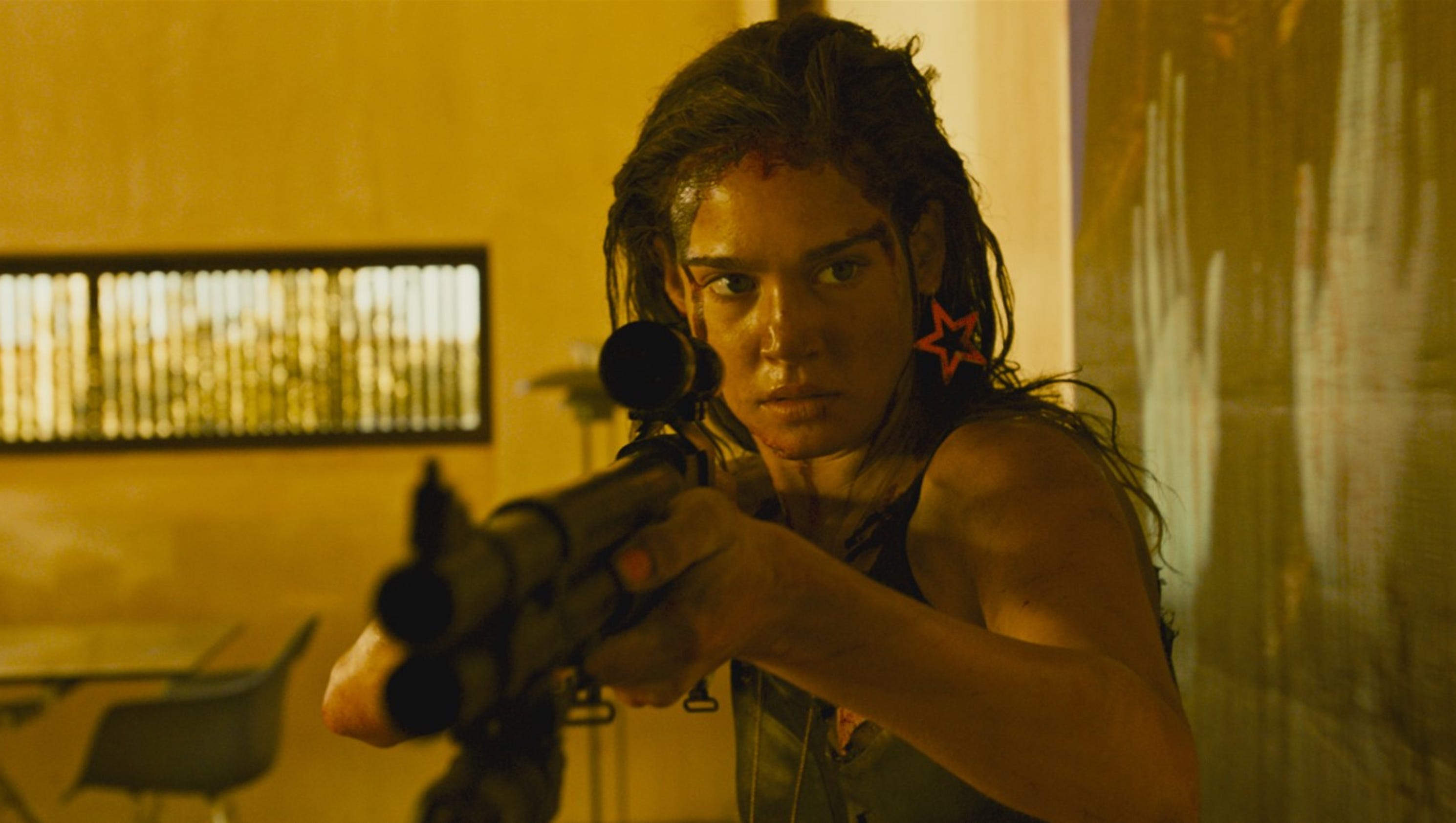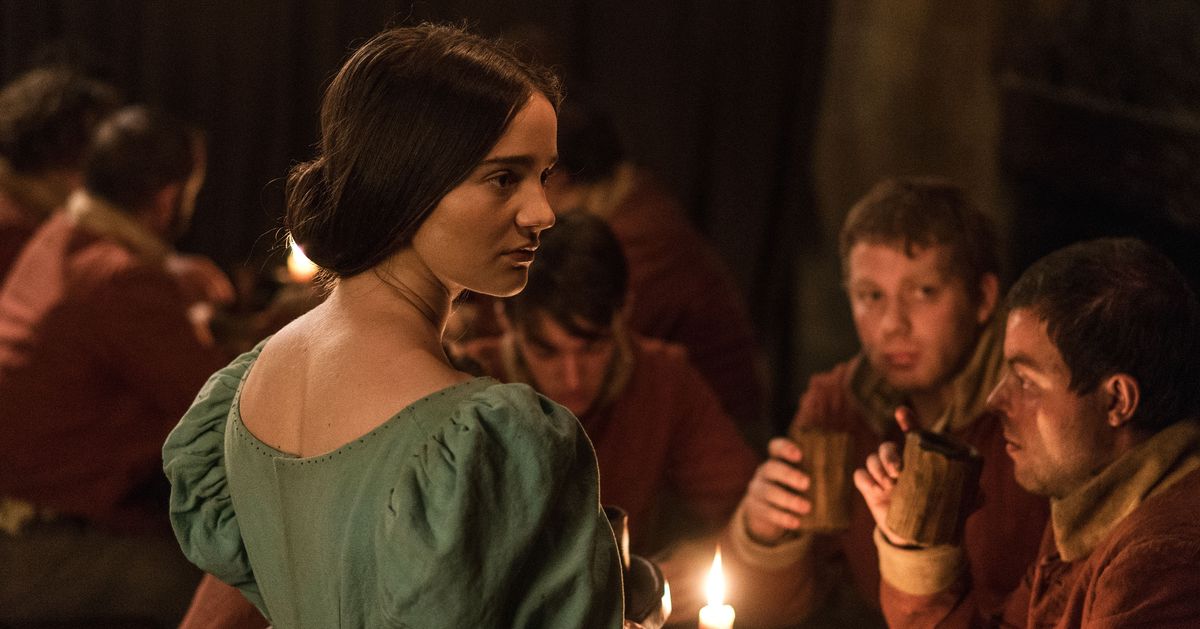Films & TV: Unsettling Scenes From "[List Your Movie, Tv & Celebrity Picks." - Beware!
Are we desensitized to screen violence, or does cinema have a responsibility to reflect the darker corners of human experience, no matter how uncomfortable? The enduring power of film lies in its ability to confront us with the raw truth of our world, even when that truth is difficult to bear, and the depiction of sexual violence is a particularly contentious and often misunderstood aspect of that exploration.
The cinematic landscape has often grappled with the portrayal of rape, from its explicit depiction to its subtle implications, generating both powerful narratives and significant controversy. The complex interplay between artistic expression, social commentary, and the potential for harm makes navigating this territory a delicate balancing act. Examining the history of such portrayals, the controversies they sparked, and the impact they have on audiences, is crucial to understanding the evolution of cinematic storytelling and its reflection of, and influence on, societal attitudes.
One might begin with the exploration of narratives where the legal system and personal fortitude work together to overcome trauma and bring perpetrators of sexual violence to justice. These stories, often centered on a prosecutor's efforts to convict the guilty, offer a semblance of catharsis and provide a framework for discussing the nuances of consent, victimhood, and the long-term effects of such attacks. In a world where justice is not always swift, nor easily attained, these depictions provide some level of hope and a space to reflect on the devastating impact of such crimes.
Another case in point is that of "The Girl with the Dragon Tattoo," a film that fearlessly delves into themes of sexual violence and trauma. The narrative serves as a powerful study on the impact of trauma and the resilience of the human spirit. The film's unflinching approach, however, has also prompted dialogue surrounding its graphic content and its potential to trigger viewers. It is the story of Lisbeth Salander, a young woman who is a victim of the same kind of violence she is fighting against in a world where such events are shockingly common. Such stories challenge viewers to face the difficult realities of abuse, with all their implications.
The horror sub-genre frequently utilizes sexual violence as a shock tactic, as exemplified by films like "Deadgirl." While these films may offer a harsh commentary on rape culture, their gratuitous depiction of violence can overshadow any intended message, raising questions about exploitation and the potential for desensitization. The depiction of sexual violence on film can inadvertently reinforce harmful stereotypes and create a sense of voyeurism, shifting the focus away from the victims' experiences and towards the perpetrators' actions. In certain contexts, there can be a risk of glorifying violence or trivializing the seriousness of the offense, making it essential to approach these depictions with caution.
Some films present the act of rape with disturbing clarity, showcasing its brutality and lasting effects. In these instances, the goal might be to expose the raw reality of violence, but the intensity of the imagery can still be traumatic for viewers. Such scenes also give rise to important ethical questions surrounding the responsibility of filmmakers to the audience and the potential for exploitation. In a climate where survivors continue to deal with their pain, there is a chance to create a sense of empathy and respect, providing a space for audiences to fully engage with the complex nuances of trauma.
- Spanish Scripts Monologues Find Your Perfect Play Now
- Dan Gillian At Boeing Leadership Career Highlights
Consider the film that premiered at the 2009 Cannes Film Festival. This movie polarized audiences due to its frank depiction of sexual violence, showcasing the physical and psychological trauma that victims endure. With its scenes of graphic abuse, the film leaves audiences questioning the ethical boundaries of cinematic expression. It challenges viewers to consider the power of such imagery and its lasting impact.
Monica Bellucci's performance in a film where she plays the victim of a violent assault is notable. The movie's depiction of sexual violence serves to explore themes of power, exploitation, and the psychological toll on the victim. Bellucci's portrayal of her character's struggle is poignant. The way it depicts the lasting trauma and challenges the character will have to face is something that stays with the viewer.
The Cannes Film Festival, with its illustrious history of showcasing groundbreaking cinema, provides a platform to examine the recurring trend of unsimulated sex scenes. Film festivals have always been spaces for pushing boundaries and fostering discussions surrounding the nature of cinematic expression. It allows us to explore the evolution of how directors have chosen to depict such sensitive material, from the implicit to the explicit, and the impact that these choices have on the viewing experience.
Mila Kunis's role in "Luckiest Girl Alive" has led to significant public outcry due to the inclusion of a graphic rape scene that runs for an extended period. The decision to portray the assault so explicitly sparked dialogue concerning the necessity of such content and the impact of its impact on audience members. It is this act which raises questions about the ethical responsibilities of filmmakers, the depiction of violence, and the potential for harm.
Researchers Weisz and Earles' study, published in the "Journal of Interpersonal Violence," explores the connection between exposure to filmed sexual violence and the attitudes of male viewers toward rape. The findings revealed a correlation between watching sexually violent movie scenes and an increased acceptance of violence, rape myths, and sexual aggression. The importance of this study highlights the potential influence of media on viewers' beliefs, raising ethical questions for filmmakers about the ways their art might affect the audience's views.
Films that explore dark themes, such as those featuring genital mutilation, provide insights into the disturbing nature of violence. These narratives push the boundaries of artistic expression, provoking intense reactions and forcing audiences to confront uncomfortable truths. The goal of these films is to explore the very depths of human depravity, sparking dialogue on the ethical boundaries of cinema.
The exploration of how carnality can destroy characters is a theme present in some films. This can be seen in the ways in which sexual encounters can drive a character to destruction. It also raises important questions about the nature of human relationships and the destructive forces of obsession.
The film "Straw Dogs" directed by Sam Peckinpah in 1971, features a controversial rape scene. The scene is not overly graphic in nature, but the portrayal of the victim appears to be one where she is, at least partially, enjoying the experience. It is this element that has generated intense debate over the years. The scene's depiction of violence highlights its potentially problematic nature, and the way it can be misinterpreted.
These cinematic explorations, with their varying degrees of explicitness and their diverse perspectives, are a reflection of the complicated nature of sexual violence in society. As we analyze these depictions, it is essential to approach them with sensitivity, acknowledging the potential for both their artistic value and their potential for harm. This allows us to develop a more nuanced understanding of how cinema can reflect and shape our views on complex issues.
- Seven Teacups Tragedy David Bell Jeannine Skinner Peter On Drown
- Portland Mechanical Bull Rentals Your Wild West Event Starts Here

Review In blood soaked 'Revenge,' a rape victim turns the tables

Rape Scenes in Film, From Classic Hollywood to ‘Nightingale’

‘Elle,’ Starring Isabelle Huppert as a Rape Victim Who Turns the Tables